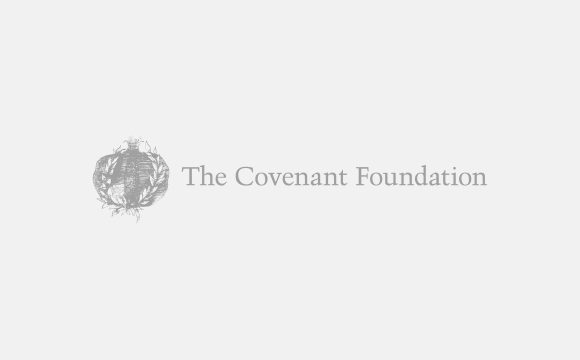

The Covenant Grants
House Party Project 2.0 – Minyan Tzedek
Organization: IKAR, Los Angeles, CA
Grant Year: 2009
Project Director: Ms. Melissa Balaban
Type of Grant: Signature
Grant Amount: $140,000 (3 years)
Website: http://www.ikar-la.org/
To help IKAR’s membership organize into six minyanim, each built around a social justice project rooted in Jewish learning.
From “”Advancing Jewish Social Justice and Environmental Action: Lessons Learned from Covenant Grantees,”” by Meredith Woocher, Ph.D, February 2016:
“”The “Minyan Tzedek” initiative sought to organize and expand IKAR’s social justice activities by encouraging members to choose one of six “minyanim,” (later consolidated into four “paths”) each built around a social justice project rooted in Jewish learning. The four paths active at the end of the grant were Organizing (incorporating the former “Immigration” and “Food Justice” minyanim), Green Action, Global Partnership, and Feeding Our Neighbors.
Minyan Tzedek’s many programs and activities included an annual Purim “Justice Carnival” highlighting the work of each Path and the traditions of giving Mishloah Manot (gifts to neighbors) and Matanot l’Evyonim (aid to the poor); service opportunities on Thanksgiving and Christmas; volunteer opportunities with children and adults in need of tutoring and other educational services; a community garden producing food for donation; and partnerships with global service organizations to contribute to international aid initiatives.
As described in the the grant evaluation, IKAR’s primary reason for creating “Minyan Tzedek” was to “improve upon…typical congregation-based social justice work, which ‘only touches a small percentage of the community’ and is ‘rarely grounded in Jewish ritual and textual traditions.’” In a grant report, IKAR leadership expressed the additional goal that “this initiative would serve as an entry point for unaffiliated, disinterested and disaffected Jews into Jewish life and religious practice.” The evaluation found that for many congregants, IKAR’s approach succeeded in both increasing their engagement with social justice and making the links between their social justice work and their Jewish values more meaningful and explicit:
Minyan Tzedek is a powerful way for members to put their ideals into action. When asked what they value most about MT, most survey respondents wrote about their appreciation for the opportunity to enact their Jewish values through social justice work. For example, a respondent who is “not as involved as [she] would like to be” in MT said she valued: “linking Jewish spiritual and justice commitments and doing so as part of a community, as an expression of our Jewish identity, values, and commitments.” Another respondent said he appreciated the “hands on social justice work” that enabled members to take “Torah to the streets.” Almost half of respondents each year (48%) credited their participation in MT with enhancing their understanding of the relationship between Judaism and social justice to a great or moderate extent.
One IKAR member quoted in the evaluation spoke emphatically about how the focus on social justice had renewed congregants interest in “dusty old Torah” by making it meaningful and relevant for contemporary Jews:
Wedding what I facetiously call “dusty old Torah” learning with real social action I think is an inspired thing! It makes both the Torah, and Jewish identity – and compassion and understanding – hugely relevant in a very complex, sometimes overwhelming modern world. I think IKAR is successfully bringing Jewish observance into the 21st century. The growing numbers speak for themselves.
As the evaluation concluded: “Participation [in Minyan Tzedek] helps congregants feel more connected to IKAR, bolsters their interest in social justice, and positively influences their sense of Jewish peoplehood and their ideas about Judaism.”

